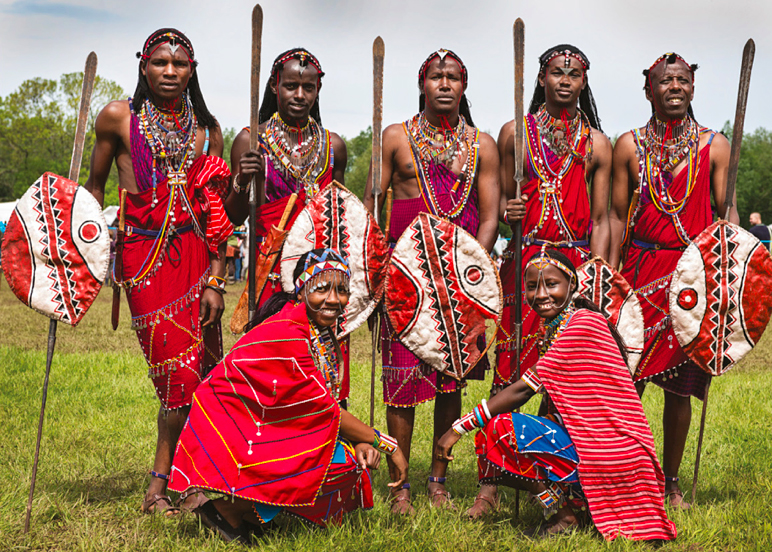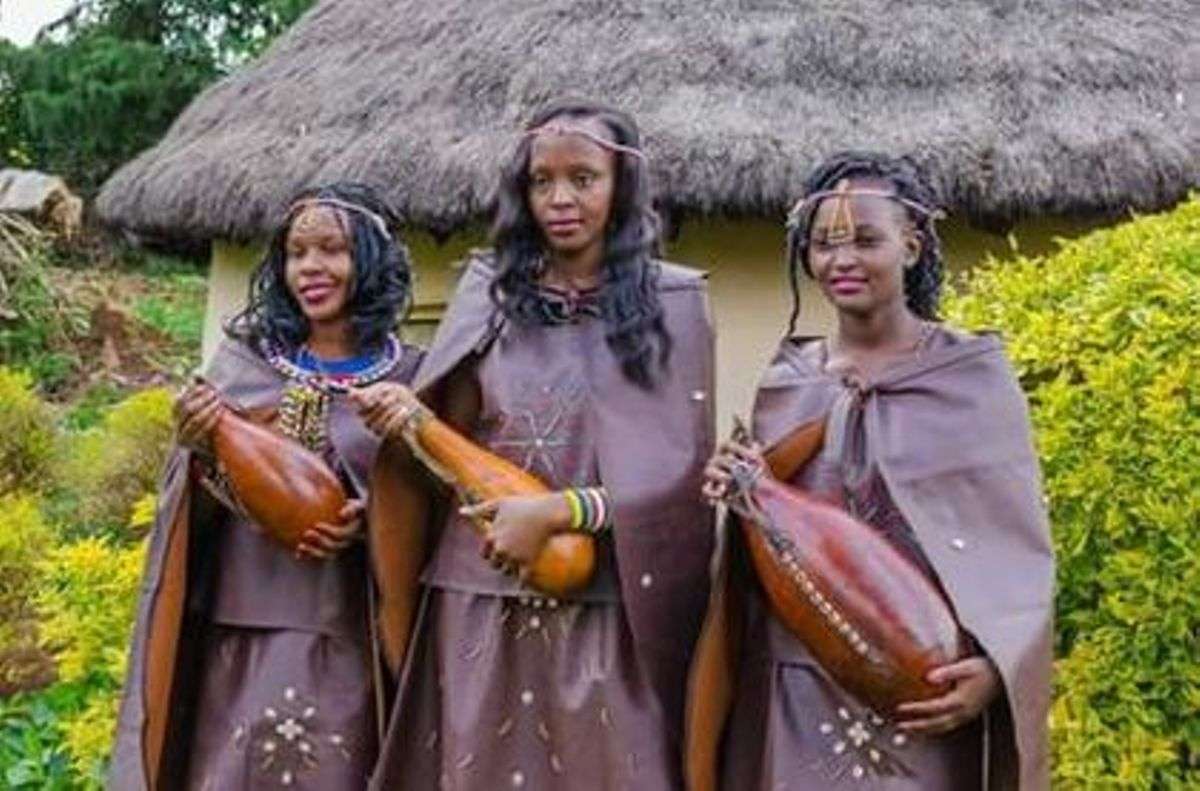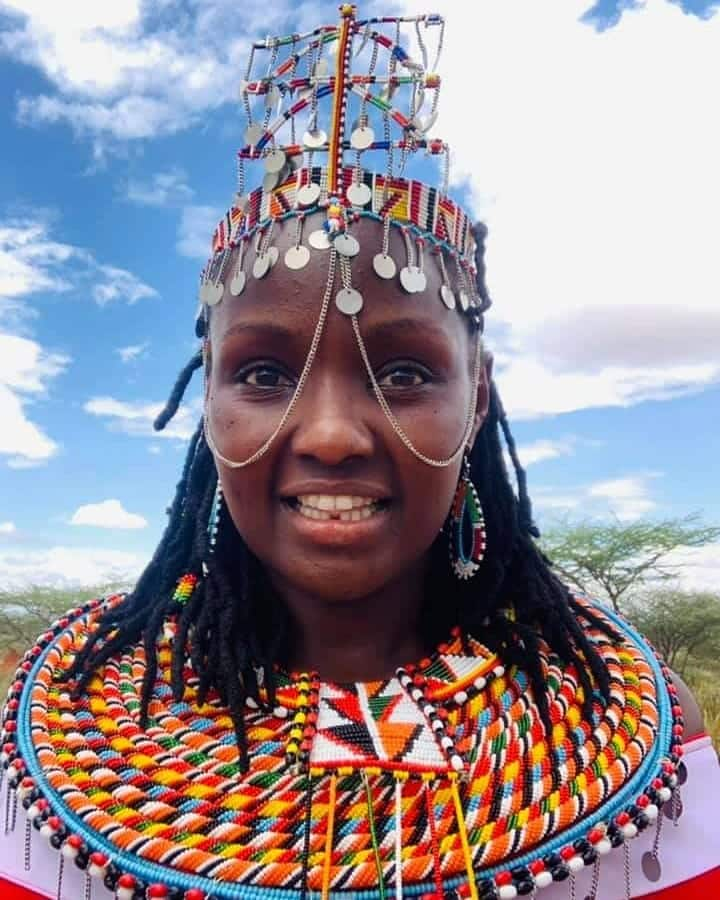Discovering The Diverse Tribes Of Kenya
Kenya is a land of rich cultural heritage and diversity, home to over 40 distinct tribes, each with its own unique customs, traditions, and languages. These tribes contribute to the vibrant tapestry that is Kenya, making it a fascinating destination for travelers and researchers alike. From the pastoral Maasai to the agricultural Kikuyu, the tribes of Kenya showcase a variety of lifestyles and beliefs that have evolved over centuries.
Exploring the tribes of Kenya offers a window into the daily lives, social structures, and spiritual practices of the people. Each tribe has its own story, shaped by historical events, geographical challenges, and interactions with neighboring communities. Understanding these tribes not only enriches our knowledge of Kenya but also highlights the importance of preserving their cultures in an ever-globalizing world.
As we delve into the tribes of Kenya, we will uncover the fascinating aspects of their identities, including their languages, arts, and rituals. This exploration will help us appreciate the beauty and complexity of Kenya's cultural landscape, shedding light on the incredible diversity that defines this East African nation.
- Who Did Lady Gaga Date
- Is Stranger Things Over
- What Do They Drink On Love Island
- Iain Armitage Net Worth
- Who Won American Idol
What are the Major Tribes of Kenya?
Kenya is home to several major tribes, each with its own unique characteristics. Some of the most well-known tribes include:
- Kikuyu: The largest ethnic group in Kenya, primarily found in the Central Highlands.
- Maasai: Renowned for their warrior culture and distinctive dress, they inhabit the southern region of the country.
- Luo: Predominantly found around Lake Victoria, known for their fishing and farming.
- Kalenjin: Famous for their long-distance runners, they mainly reside in the Rift Valley.
- Oromo: Known for their rich cultural heritage and language, they inhabit various parts of Kenya.
How do the Tribes of Kenya Maintain Their Cultural Identity?
The tribes of Kenya have managed to preserve their cultures through various means, such as:
- Traditional ceremonies: These rituals play a significant role in reinforcing cultural values and community bonds.
- Language preservation: Many tribes emphasize the importance of speaking their native languages to keep their heritage alive.
- Arts and crafts: Traditional crafts, such as beadwork and pottery, are vital in maintaining cultural identity and providing economic opportunities.
- Storytelling: Oral traditions are crucial for passing down histories and cultural practices to younger generations.
What Role Does Religion Play in the Tribes of Kenya?
Religion is a significant aspect of life for many tribes in Kenya. Most tribes practice a mix of traditional beliefs and Christianity. Traditional practices often include worshiping ancestors and nature, while Christianity has introduced new forms of worship and community engagement. This blend of beliefs influences daily life, moral values, and social structures within the communities.
- Couple Left Baby On Boat
- Tyla Place Of Birth
- What Happened To Cheryl Burke
- Who Does Joey The Bachelor Choose
- Taylor Swift In Deadpool 3
What are the Unique Traditions and Customs of the Tribes of Kenya?
Each tribe in Kenya has its own distinct traditions and customs. Here are some notable practices:
- Initiation ceremonies: Many tribes hold elaborate rites of passage for young men and women, marking their transition into adulthood.
- Dance and music: Traditional music and dance are integral to celebrations, often reflecting the tribe's history and values.
- Traditional attire: Each tribe has unique clothing styles that often carry cultural significance and denote social status.
- Marriage customs: Marriages often involve elaborate ceremonies and negotiations between families, showcasing the tribe's customs.
How Do the Tribes of Kenya Contribute to the Economy?
The tribes of Kenya play a vital role in the country's economy through various means:
- Agriculture: Many tribes rely on farming as their primary source of livelihood, cultivating crops such as tea, coffee, and maize.
- Tourism: The unique cultures of the tribes attract tourists, providing income and employment opportunities for local communities.
- Craftsmanship: Traditional crafts, including beadwork and textiles, are sold in local and international markets, contributing to the economy.
- Livestock farming: Many pastoralist tribes depend on livestock for their livelihood, which also plays a role in trade.
What Challenges Do the Tribes of Kenya Face Today?
Despite their rich heritage, the tribes of Kenya face various challenges, such as:
- Modernization: As the country urbanizes, many young people are moving to cities, leading to a decline in traditional practices.
- Climate change: Changing weather patterns impact agriculture and livestock, threatening food security for many tribes.
- Land disputes: Competition for land among tribes and with outsiders can lead to conflicts and loss of traditional territories.
- Preservation of culture: The influence of globalization poses a risk to the unique identities of tribes, making cultural preservation increasingly important.
What Can We Learn from the Tribes of Kenya?
The tribes of Kenya offer invaluable lessons in resilience, community, and cultural pride. Their ability to maintain traditions while adapting to changing circumstances is a testament to their strength. By learning about their ways of life, we can gain insights into sustainable living, community-building, and the importance of preserving cultural diversity in our increasingly homogenized world.
In conclusion, the tribes of Kenya represent a rich heritage that deserves recognition and respect. By understanding their cultures, we can appreciate the diverse identities that contribute to the beauty of Kenya as a nation. The tribes of Kenya are not just a part of history; they are living cultures that continue to thrive and evolve, offering a glimpse into the complex tapestry of humanity.
Article Recommendations
- Howie Mandel Obsessive Compulsive Disorder
- The Monsters Eric And Lyle
- Who Did Lady Gaga Date
- How Trump Wanted To Nuke Storm Eye
- Tim Walz Family Supporting Trump



Detail Author:
- Name : Fermin Kuhn
- Username : kamryn.leffler
- Email : luella.yost@yahoo.com
- Birthdate : 1991-12-16
- Address : 68874 Robert Forges East Johann, IN 41718
- Phone : +1-248-319-0606
- Company : Kulas, Harris and Hirthe
- Job : Forming Machine Operator
- Bio : Dolorum earum et omnis tempora asperiores nihil nesciunt. Sunt omnis dolores qui omnis modi at. Ipsa eos unde corporis.
Socials
tiktok:
- url : https://tiktok.com/@audie_gleichner
- username : audie_gleichner
- bio : Quos eum magni impedit sit quae explicabo suscipit.
- followers : 6260
- following : 1298
facebook:
- url : https://facebook.com/audie6306
- username : audie6306
- bio : Delectus placeat expedita ad ut. Est voluptatem in nihil doloribus mollitia.
- followers : 4755
- following : 490
twitter:
- url : https://twitter.com/audie.gleichner
- username : audie.gleichner
- bio : Enim id mollitia nihil sit voluptatibus. Unde ullam dolor non nam qui.
- followers : 218
- following : 2817
instagram:
- url : https://instagram.com/audie.gleichner
- username : audie.gleichner
- bio : Eos quisquam neque ut ipsa ab. Soluta ab illum aperiam quasi cumque delectus quia ut.
- followers : 4969
- following : 2344